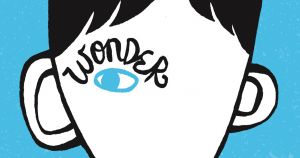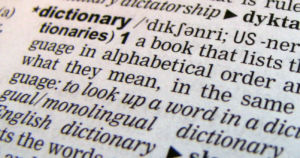
Review: I Was Here by Gayle Forman
I Was Here is full of wasted potential; Meg is as much of a prop to the story as Mr. Body is to Clue.

I Was Here is full of wasted potential; Meg is as much of a prop to the story as Mr. Body is to Clue.

In the time since I first read Wonder, my understanding of my disfigurement, and the world it occupies, has transformed. How will I now read and receive what was the most personally representative book of my life?

All in all, 100 Sideways Miles is not a perfect portrayal of what it means to have epilepsy. But it is respectful and spoke to me on unexpected levels.

“I learned absolutely nothing from Rachel’s leukemia,” this book’s protagonist starts off in its in-universe foreword, and I grinned and said, “YES! This is going to be good.”

The Islands at the End of the World excels on many levels—but from a purely disability perspective, it fall short of its mark.

To help authors make informed decisions about what language to use, we talk about disability terminology–from outdated words and cringe-worthy phrases to straight-up ableist slurs, and everything in between.
Which are our contributors’ least favorite disability tropes?
How do our contributors define the dreaded concept of “inspiration porn,” and how do they feel about it?

We take a close look at the state of recognizable representation of visibly disabled characters on book covers.

There are many different ways an author can express a sign language on the page; let’s take a closer look.